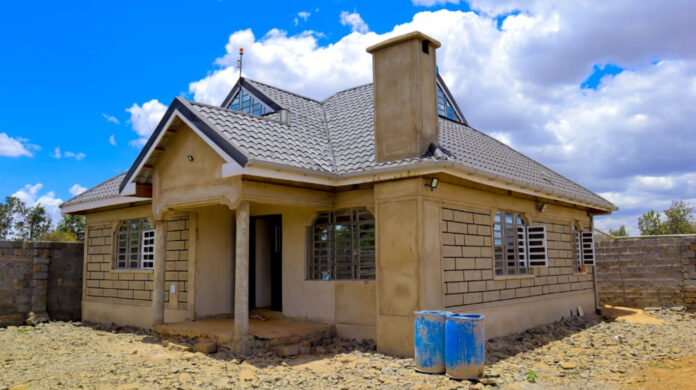Owning a home is a long-term investment and the ultimate financial goal many people aspire to achieve. Becoming a homeowner can come with a lot of responsibility, but can also come with a lot of rewards.
From stability and security to financial advantages and a sense of personal freedom, the benefits of owning a home may feel truly remarkable.
However, some people face the dilemma of whether to settle in the village or the bustling heart of the city.
This article features the advantages and disadvantages of settling in the village and the city to help you weigh your options.
Building a house in the city
According to Reuben Kimani, a real estate expert and the CEO of Username Investment, a real estate firm in Kenya, building in the city is the most viable option for anyone looking for a solid investment.
Besides access to amenities, building a house as an investment in the city will help you enjoy property appreciation, rental income, and higher resale value.
For the people living in the city, Kimani advises them to focus on building a home there first and later consider a village retreat.
Advantages of building a house in the city
- Access to amenities such as transport, hospitals, schools
- High demand for rentals with consistent income and property appreciation
- Significant growth in property resale value
- Rapid long-term property appreciation with added rental income opportunities
- Convenience
Disadvantages of building a house in the city
- High cost of building
- Small plots unsuitable for an expansive home
- Construction limitations by the government
Building a house in the village
Building in the village is the best option for anyone looking for space, affordability, and tranquility. The village offers affordable large plots of land and peace of mind.
Advantages of building a house in the village
- Low cost of building
- Big space suitable for farming
- Privacy
- Access to outdoor activities and nature
Disadvantages of building in the village
- Limited rental demand and lower income potential
- Limited access to hospitals, schools, water, and electricity
- Minimal growth in resale value
- Slow property appreciation
Savannah hospital assets to be auctioned over Sh. 1.4 billion KCB loan
Building in the Village vs. City: A Side-by-Side Comparison
| Aspect | Village | City |
| Cost of Building | Land is cheaper, and labor/material costs are often lower. | Land and construction costs are significantly higher, especially in prime locations. |
| Economic Opportunities | Limited rental demand and lower income potential. | High demand for rentals with consistent income and property appreciation. |
| Access to Amenities | Limited access to hospitals, schools, water, and electricity. | Well-developed infrastructure with access to transport, hospitals, schools, and Internet. |
| Land Size | Large plots (5–10 acres or more) for farming or expansive homes. | Smaller plots (e.g., 1/8 acre), but still suitable for modern, compact living spaces. |
| Re-sale Value | Minimal growth in resale value; harder to sell properties. | Significant growth in resale value, with properties often doubling or tripling in value. |
| Long-Term Appreciation | Slow appreciation; best for personal use rather than investment. | Rapid appreciation with added rental income opportunities. |









